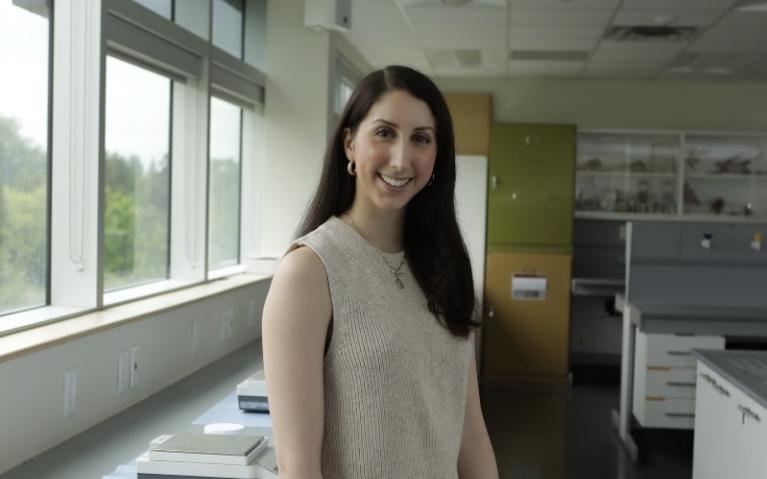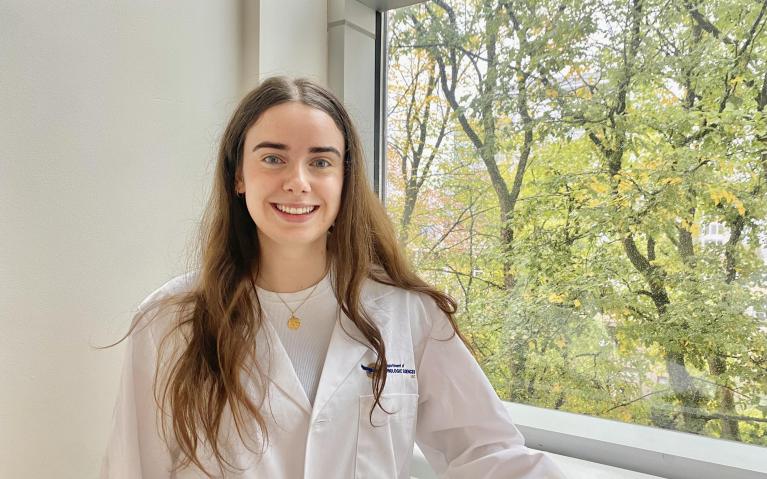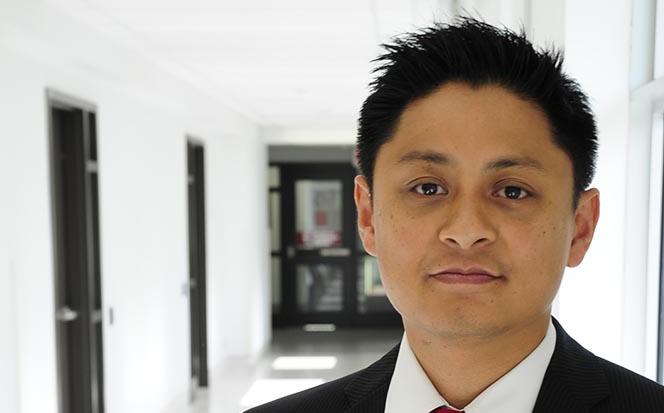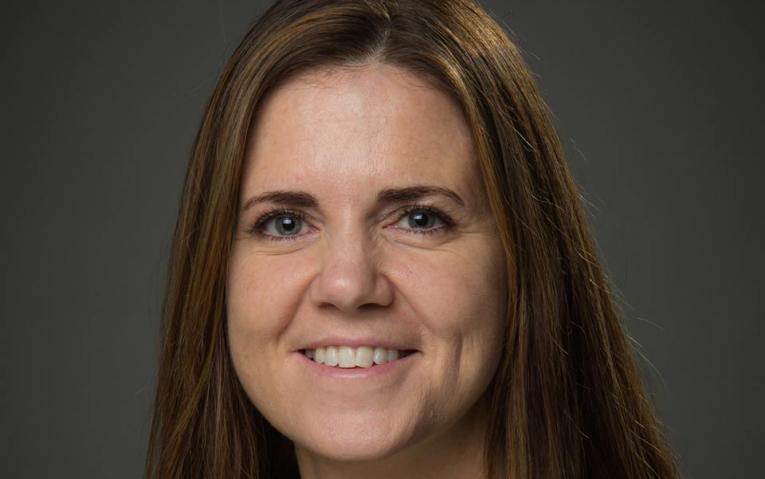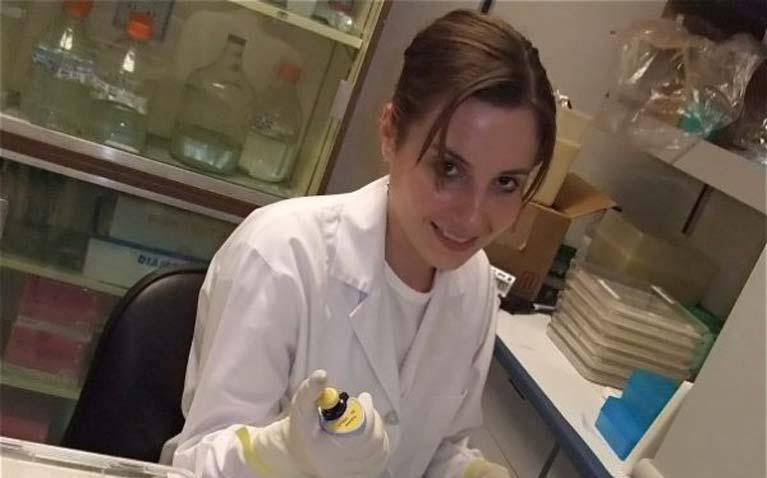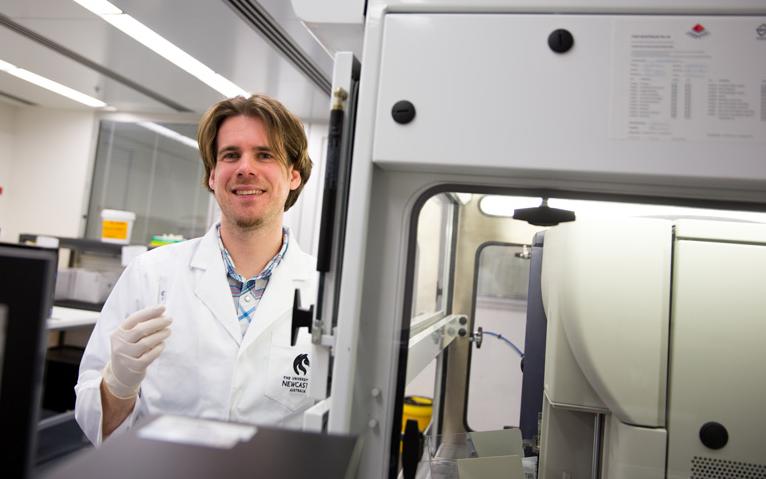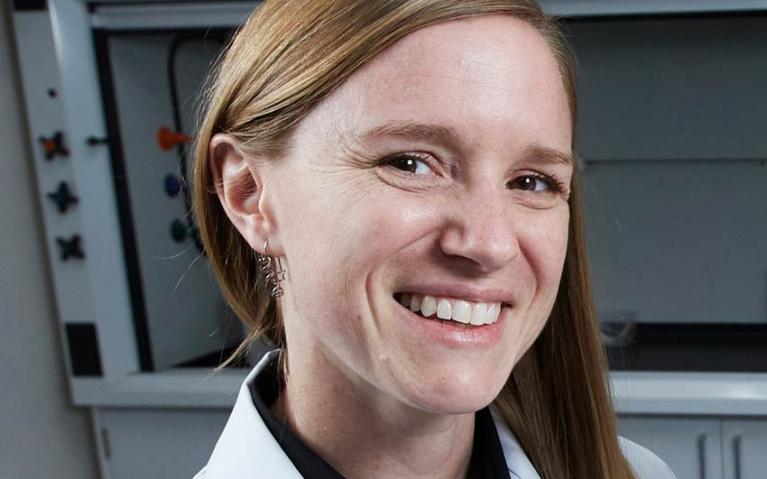|
Bashashati Saghezchi, Ali |
School of Biomedical Engineering, Department of Pathology & Laboratory Medicine |
Bioinformatics; Medical and biomedical engineering; Artificial Intelligence; Computational Pathology; Cancer Genomics; Computational Biology; Digital Pathology; Image Processing; Machine Learning; Ovarian Cancer; Signal Processing; Multi-modal Learning |
|
Bassett, Ken |
Department of Family Practice |
Gender and Blindness: testing gender specific community interventions in Upper Egypt, an assessment of community ophthalmology projects in Central India, as well as community ophthalmology projects in Nepal and Tanzania. |
|
Bayrampour Basmenj, Hamideh |
Midwifery Program |
Psychosocial, sociocultural and behavioral determinants of health; Electronic health (e-Health); Mobile health (mHealth); Midwifery; Health information systems (including surveillance); Perinatal mental health; Perinatal Anxiety; Pregnancy Outcomes; eHealth; mHealth |
|
Beasley, Clare Louise |
Department of Psychiatry |
identify changes in the brains of individuals with schizophrenia, bipolar disorder and major depressive disorder that may elucidate the etiology of these disorders and provide clues to novel treatments; white matter pathology and inflammation; effects of antipsychotic medications on the brain |
|
Bedaiwy, Mohamed |
Department of Obstetrics & Gynaecology |
Other clinical medicine; Recurrent Pregnancy Loss; Endometriosis; Minimally Invasive Surgery; Assisted Reproductive Technologies |
|
Benard, Francois |
Department of Radiology |
Medical isotopes Radioisotopes Nuclear Medicine Cancer Imaging Molecular imaging of cancer Radionuclide therapy, Cancer division, radiology, pancreas centre |
|
Benavente, Oscar |
Division of Neurology |
Acute Stroke Trials, Secondary stroke prevention |
|
Bennewith, Kevin |
Department of Pathology & Laboratory Medicine |
Oncology; Molecular Pathology & Cell Biology; Cancer research; Solid tumour microenvironment; Hypoxia; Metastasis research; Pre-metastatic niche; Targeting hypoxic tumour cells in therapy; Radiation biology |
|
Beristain, Alexander Guillermo |
Department of Obstetrics & Gynaecology |
Healthy Starts; cellular and molecular processes that direct trophoblast cell biology in early placental development; Examining the A Disintegrin And Metalloproteinase (ADAM) family in trophoblast biology; Examining the effects of obesity-associated inflammation on the maternal-fetal interface; Identifying gene expression differences in subpopulations of trophoblasts in normal and pathological pregnancies |
|
Bernatchez, Pascal |
Department of Anesthesiology, Pharmacology & Therapeutics |
Pharmacology and pharmaceutical sciences (except clinical aspects); Cardiovascular diseases; Cardiovascular System; Genetic Diseases; Hypertension; atherosclerosis; angiogenesis; Muscular Diseases; Neuromuscular Diseases; Lipid/Lipoprotein analysis; Lipid Disorders; Pharmacokinetics; Cell Signaling and Infectious and Immune Diseases; endothelial dysfunction; endothelium; Inflammation; lipoproteins; Marfan syndrome; muscular dystrophy; nitric oxide; vascular disease |
|
Besserer, Floyd |
Department of Emergency Medicine |
|
|
Bettinger, Julie |
Department of Pediatrics |
Public and population health; Epidemiology; Vaccination; Infectious diseases; Health Promotion; Community Health / Public Health; Infectious disease epidemiology; vaccine clinical trials; Vaccine hesitancy; vaccine programs; vaccine safety |
|
Bhagavatula, Sastry |
Department of Anesthesiology, Pharmacology & Therapeutics |
Age-related research, Anesthesiology, plasticity of synaptic transmission, mammalian central nervous system |
|
Bhatti, Parveen |
School of Population and Public Health |
Epidemiology (except nutritional and veterinary epidemiology); Environmental determinants of health (including environment-gene interactions); molecular epidemiology of cancer; occupational and environmental epidemiology of cancer; mechanistic studies of exposed populations |
|
Bingham, Brittany |
Division of Social Medicine |
|
|
Birol, Inanc |
Department of Medical Genetics |
bioinformatics, computational biology, genomics, transcriptome analysis, next generation sequencing, cancer, Bioinformatics, sequence assembly, transcriptomics, gene regulation networks, high throughput informatics for big data |
|
Black, Peter |
Department of Urologic Sciences |
Canadian Charter of Rights and Freedoms (especially equality rights); Canadian human rights legislation |
|
Black, Charlyn |
School of Population and Public Health |
Public and population health |
|
Black, Alexis |
School of Audiology and Speech Sciences |
Developmental psychology; Behavioural neuroscience of learning and memory |
|
Blanke, Philipp |
Department of Radiology |
|
|
Blydt-Hansen, Tom |
Department of Pediatrics |
Childhood Diseases; Pediatric kidney transplant; Injury phenotype; Rejection; Biomarkers; Metabolomics; Chemokines |
|
Boerner, Katelynn |
Department of Pediatrics |
Pediatrics; Health equity; Gender and health relationship; Sex and gender-based analysis; Health psychology; Clinical child psychology; Developmental psychology; Patient and citizen engagement research; chronic pain; pediatric psychology; Qualitative research; intensive longitudinal methods; sex and gender based analysis; gender diversity; Autism; neurodiversity; clinical psychology; Health Equity; rehabilitation; chronic illness; eating disorders; medical trauma; Health Psychology; Development; Adolescence |
|
Bouchard, Katrina |
Department of Obstetrics & Gynaecology |
Clinical sexology; Mental health and wellbeing; Sexual identy, sexual attraction and sexual behaviour; Sexual health; sexual response; sexual well-being; women's health; couples |
|
Bowie, William |
Division of Infectious Diseases |
Immune System |
|
Boyd, Lara |
Department of Physical Therapy |
Neurosciences, biological and chemical aspects; Neurosciences, medical and physiological and health aspects; Physical therapy; Rehabilitation medicine; Learning; Learning and Memory; Motor System; Motor learning; Neurophysiology; Physiology; Plasticity / Neuronal Regeneration; stroke |
